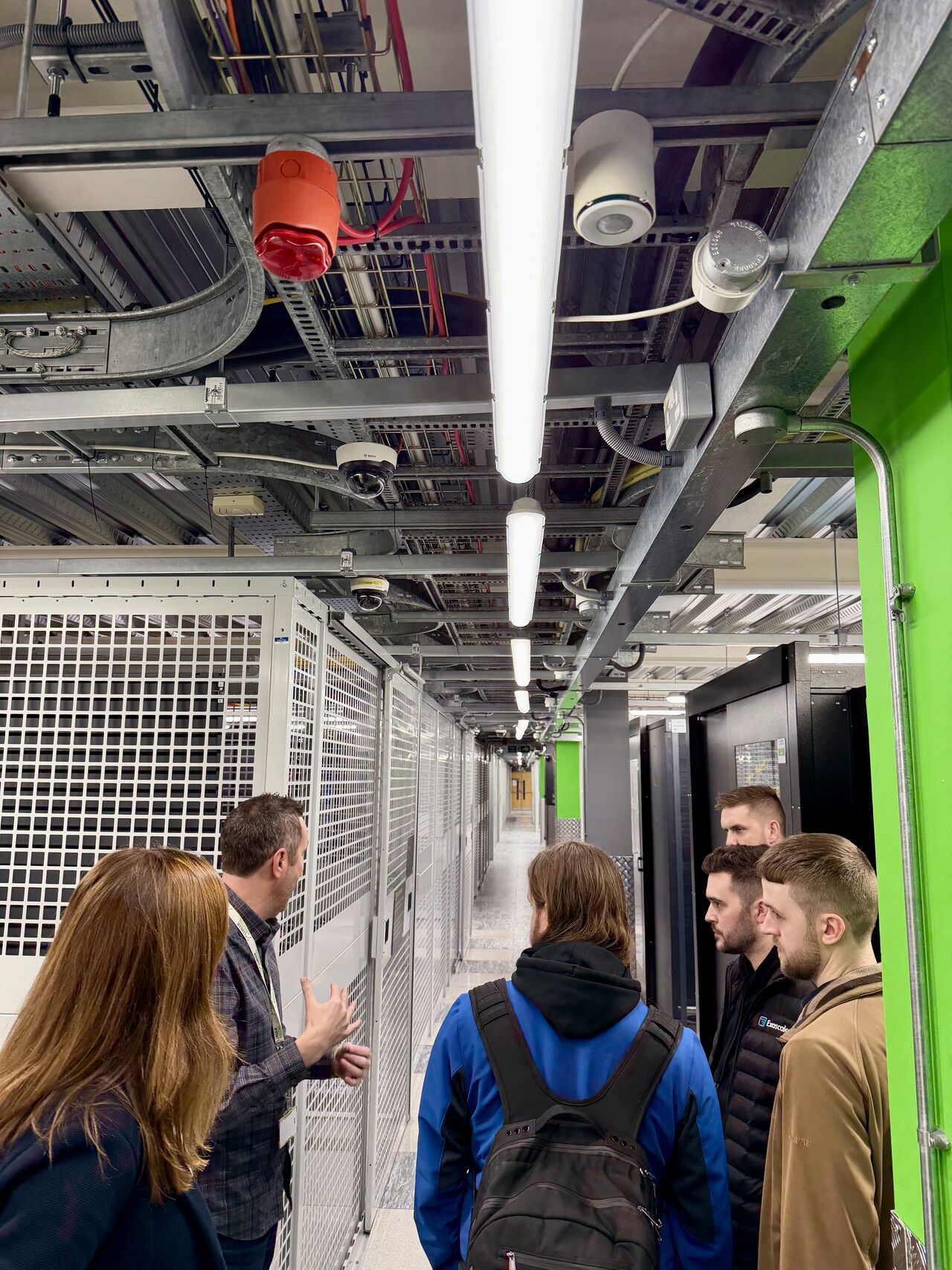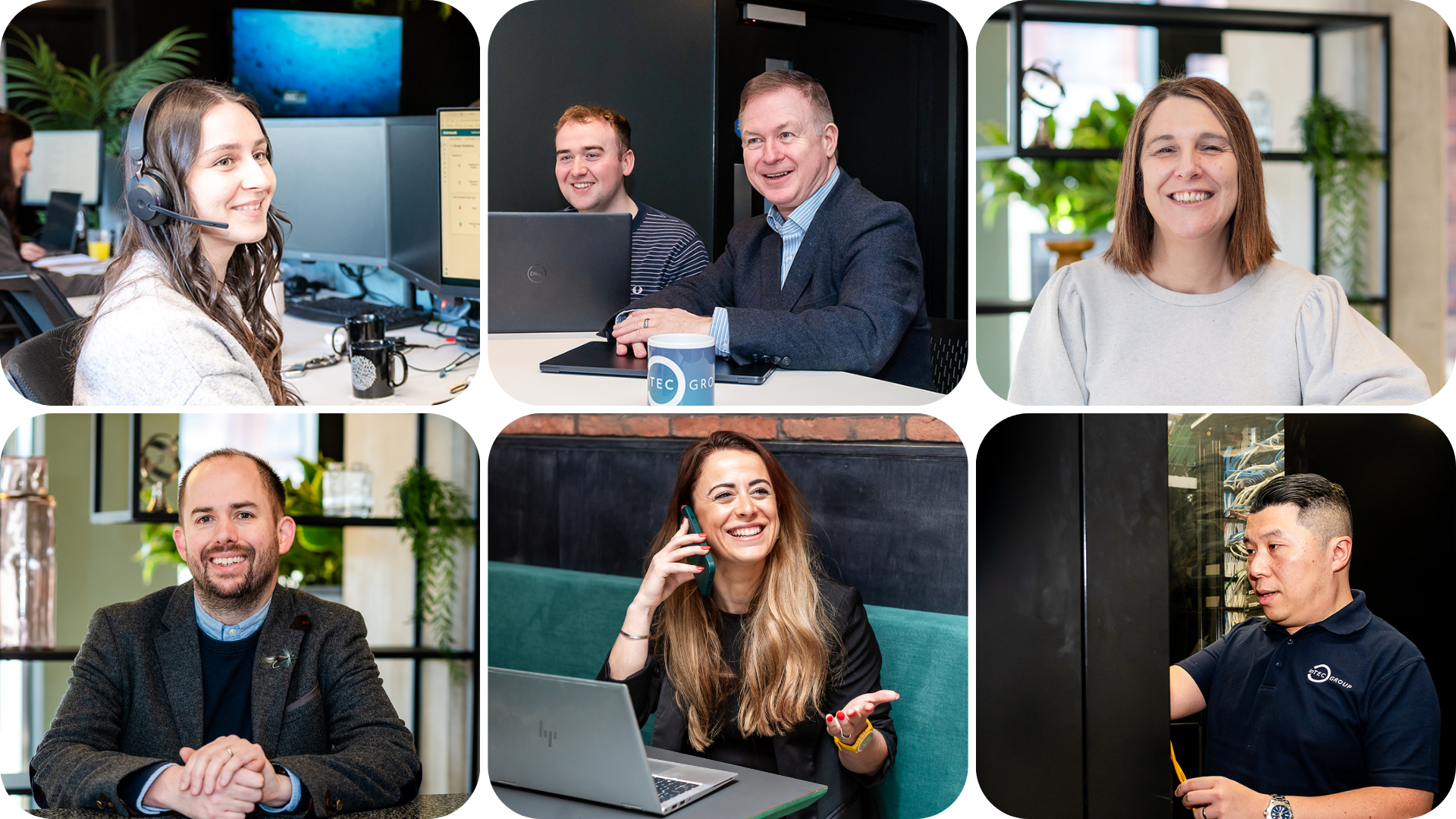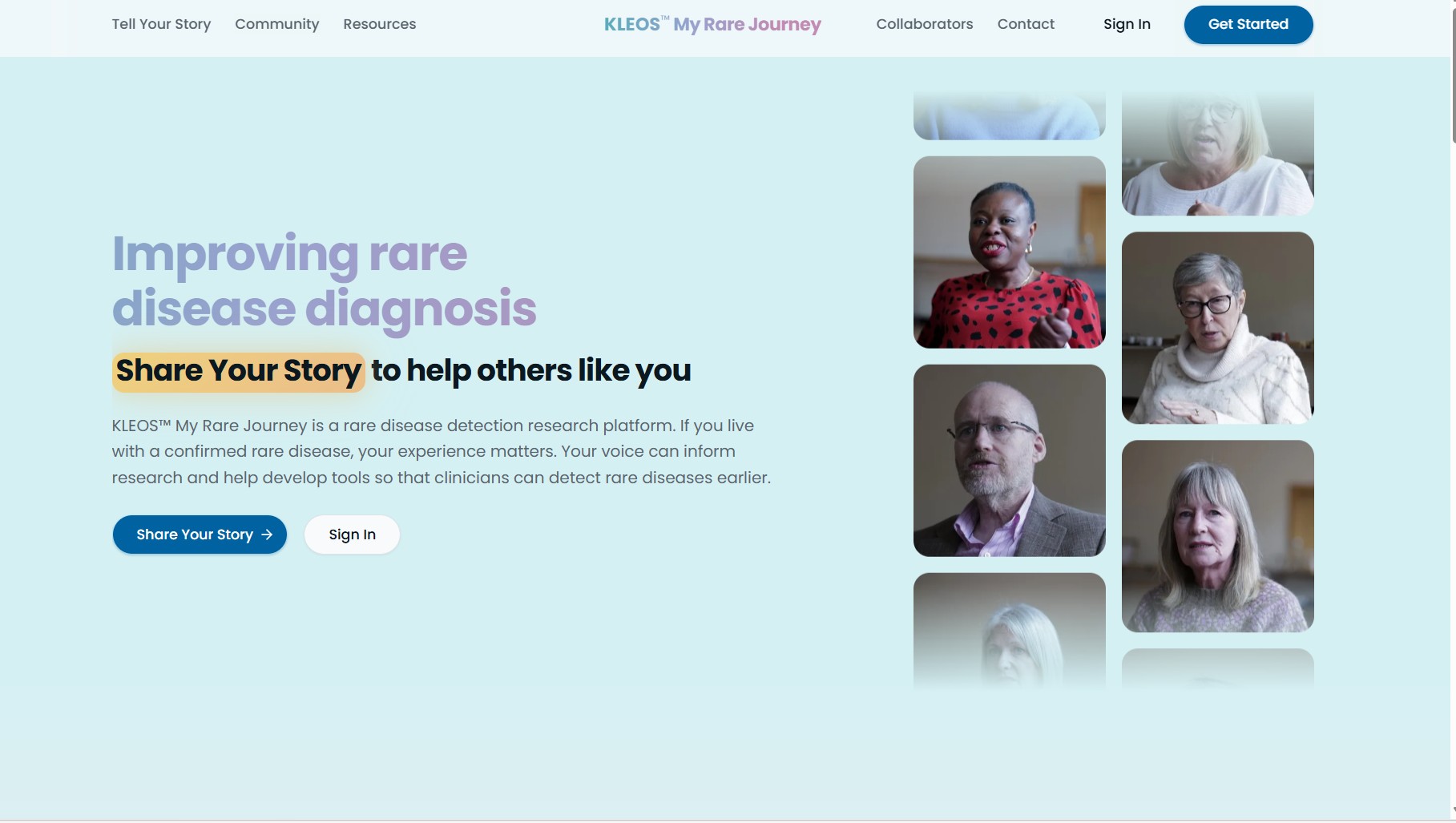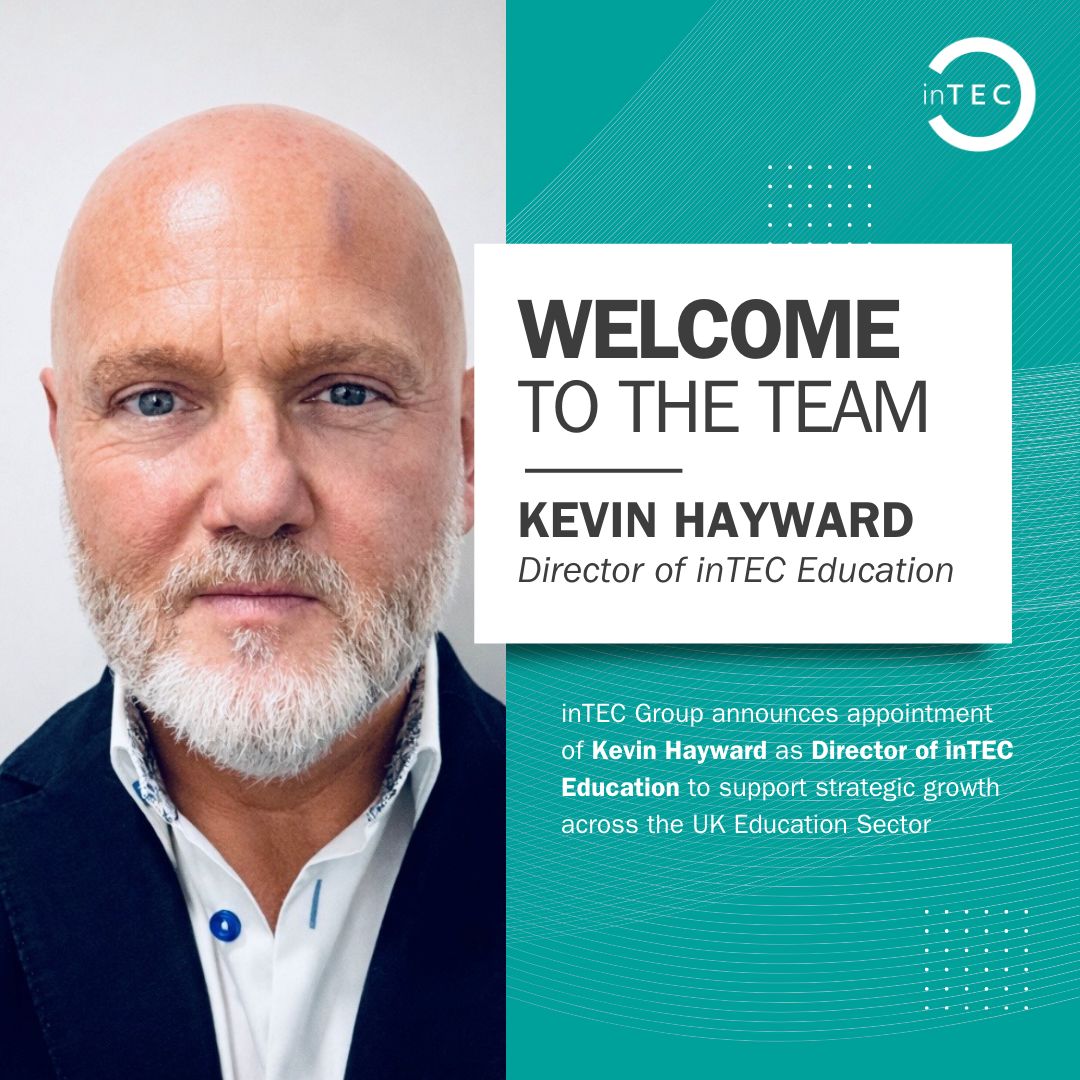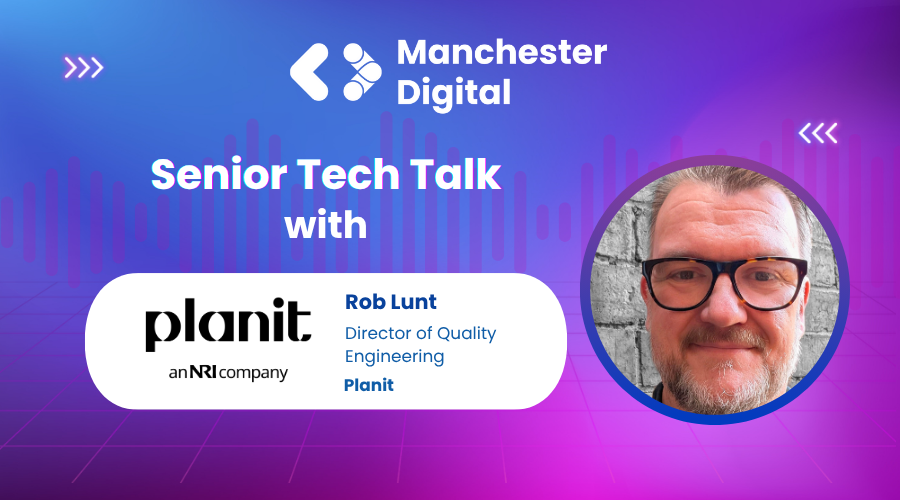
In this edition of Senior Tech Talk, we sat down with Rob Lunt, Director of Quality Engineering at Planit about a career that spans three decades and some of the most transformative eras in technology — from PlayStation’s early testing labs to leading global quality engineering teams.
Robert reflects on the evolution of software testing into true quality assurance, the importance of understanding real customer needs, and why critical thinking and collaboration are at the heart of good engineering. He also shares insights into Planit’s mission, its recent merger with NRI, and why Manchester’s tech ecosystem offers the perfect environment for innovation and growth.
Can you tell us a little about your journey into the tech sector and how you came to join Planit?
My journey into tech started way back in 1994, when computers were often gathering dust in the corner of offices. I joined a YTS scheme with a media company where I learned to rebuild PCs, fix networks and telephones, and handle desktop publishing - which linked back to my background in art and design.
A few years later, I spotted a job advert in the Liverpool Echo that said, “Do you like playing computer games?” Naturally, I applied. It turned out to be for the PlayStation’s test and verification centre, which had just launched in Wavertree Technology Park after Sony acquired Psygnosis - the company behind classics like Lemmings and Wipeout. That’s where my career in the games industry began. I spent around seven years in game testing, eventually becoming Test Manager for Infogrames’ UK studio. And yes, you really do get paid to play games - though it’s not quite as glamorous as it sounds!
After that, I moved into e-learning during its early days in the 2000s, working with start-ups developing CD-based training content before broadband took off. That work led me into accessibility standards and collaborating with academics on W3C guidelines, which was a big learning experience.
From there, I returned to testing in leadership roles - Test Manager, Head of Testing, and Director of Testing - across some of the UK’s largest organisations. By around 2014, I’d achieved what I wanted in that space and decided to move to the “other side of the fence”, managing software engineering teams. It was a shift from the structure and discipline of testing to the more experimental mindset of developers - but over time, I found a balance between the two.
I then worked in consultancy, including with TCS, before joining Planit in July this year. A former colleague suggested I talk to the team, and after some great conversations with the UK and Australian execs, I came on board.
You’ve only been in your role as Director of Quality Engineering for a few months - what has that transition been like for you?
Honestly, very smooth. One of the reasons I joined Planit was to get back to quality engineering in a business that understands it properly. Having seen both the testing and development sides, I’ve experienced plenty of “bad agile” and poor practices dressed up as best practice.
At Planit, the focus is on true end-to-end quality engineering - looking not just at whether something works, but how efficiently it’s built and deployed. For example, involving testing earlier in containerisation can prevent waste and reduce technical debt before deployment even happens.
To me, quality control is about ticking a box, but quality engineering is about improving the flow and finding where inefficiencies lie. That mindset - like the Toyota production model - is what I’m trying to reinforce. The challenge now is helping others, from traditional testers to architects and product owners, think differently and embrace more critical, creative problem-solving.
For those who may not be familiar with Planit, how would you describe what the company does and its mission?
Planit is the third-largest pure-play software testing company in the world. In short, we handle everything around software engineering that isn’t writing the code - from testing and quality consultancy to environment management, DevOps, performance, security, and automation.
Essentially, we take care of the parts of the process that ensure products are robust, scalable, and deliver the right outcomes for users.
Are there any recent projects or initiatives that you’re particularly proud of or excited to showcase?
One that stands out isn’t even purely technical - it’s about product risk intelligence.
What we were finding working with various different companies is that you’d often have your product team, and within that the scrum team, developers, testers, project managers etc, who would all take ownership of the product. But they were still forgetting why they were there - which is down to the customer. They were creating work for themselves thinking this is what the customer wants, without actually checking to see whether this was in fact what they were looking for.
We ran a workshop with one client, mapping out the entire process, their risks and how they work. But we did this not only with the product team, but also with the customer in place - in this instance the police force.
It was to do with the ‘criticality of problem’ - how the police force assess risk. The product team had assumed certain incidents were “high priority”, but when we spoke with the police, they explained that while those incidents were serious, they were well controlled operationally and therefore not as critical from their perspective.
That insight fundamentally changed how the team approached prioritisation and development. It’s a great reminder that quality starts with understanding the real customer need, not just what the product team assumes it is.
Planit recently merged with NRI - how is that shaping the business and the work you do in the UK and globally?
It’s an exciting development. NRI is well established in Asia-Pacific, and the merger is about integrating Planit into that wider ecosystem while keeping our strengths intact.
In the UK, it’s currently business as usual - we’re continuing to build the Planit brand and focus on our clients. But what this means for the future is to me very positive, as it means NRI has the potential to start becoming a real brand within EMEA in Europe and UK. For all the UK may have its issues at the moment, it’s still seen as a fabulous brand and you’re not a truly global entity without a stake here.
NRI’s model is built on true partnership with clients, not just transactional delivery. That aligns perfectly with how we want to operate - as trusted partners who go above and beyond.
So for me, Australia's merger is going to be a sort of lessons learned for the UK, but over here and for Planit, it’s business as usual.
It’s early days, but I think this merger will lead to a golden period for Planit UK.
Planit is well known in Asia and Oceania - how are you approaching growth and visibility in the UK?
It’s no secret that the market is challenging right now, and clients are under pressure to cut costs. Our approach isn’t to be the cheapest, but to be cost effective - showing that good quality engineering actually saves money long-term.
We’re investing in our branding and visibility. You might have seen us at events like DigiGov in London, where our bold new visual identity really stood out - bright, pop-art-inspired designs that people noticed. That’s been great for sparking conversations with potential clients.
We’ve also been engaging in consultancy-led discussions. For example, one recent conversation involved advising a public sector leader who was being pushed to apply AI automation to a legacy system that’s due to be replaced in two years. Rather than jumping on the AI bandwagon, we encouraged her to focus that energy and investment on the new system - the one that will deliver real long-term value.
That’s the kind of thinking we want Planit to be known for - not just implementing solutions, but helping clients step back and see the bigger picture.
You recently ran a roundtable in Manchester - what was the focus of that, and why do you see the city as an important hub for the company?
Manchester is an incredible tech hub - vibrant, connected and diverse. Unlike some cities that are dominated by one sector, Manchester has everything: medtech, fintech, retail, logistics and more. It’s the perfect place for knowledge sharing and collaboration.
Our recent roundtable brought together senior decision-makers to explore topics like product risk intelligence and show them our AI platform, Amplify, which is fairly unique in that it’s been designed by testers. It helps teams think beyond quality control and towards continuous improvement and assurance, incorporating governance and compliance requirements from the start.
The feedback was fantastic. These smaller, in-person conversations are invaluable - they create space for genuine discussion about challenges and opportunities in quality engineering.
Finally, for someone considering a career with Planit, what would you say makes it a unique place to work?
Planit is full of like-minded people who share a curiosity and a drive to make things better. Testing isn’t just a skill — it’s a mindset. You’re either wired that way or you’re not.
There’s a strong culture of respect and collaboration. Everyone leaves their ego at the door. It reminds me of one of Asda’s old principles from my time working there: Respect the individual. That ethos really lives here too.
Beyond that, Planit offers international collaboration with teams in Australia, Japan, Singapore, and India, alongside great training and development. But what truly sets it apart is the culture - people genuinely care about doing things right and helping each other grow.
Thank you Rob!
To find out more about Planit, click here.
You can catch Rob discussing building resilient quality at the Manchester Digital Member Conference on 4 December 2025.

